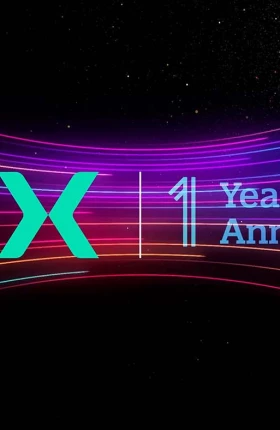
Education
- Economics degree, HEC School of Management
- DEA, economics and finance, Université Paris Dauphine
Romain de Laubier is the Asia-Pacific regional chair and insurance node for BCG X, Boston Consulting Group’s tech build and design unit. He is also the worldwide leader of digital strategy and AI work at BCG, and a core member of the Corporate Finance & Strategy and Industrial Goods practices. Though based primarily in Singapore, Romain is also actively involved in projects in Japan.
Since joining BCG in 2006, Romain has worked with clients across industries, including consumer goods, technology, telecommunications, insurance, and banks. In industrial goods, in particular, he has worked with automotive, construction, mining, building materials, and infrastructure companies. With his expertise in data analytics, strategy, organization, cost reduction, and turnaround, Romain has helped clients on cases involving digital transformation, agile at scale, data-driven innovation, cost reduction, optimizing sales and operation planning (S&OP), and due diligence. He has worked on over 100 engagements, including building digital centers and data capabilities for his clients and helping them launch new ventures.
Prior to joining BCG, Romain was a financial analyst at Calyon in New York.











